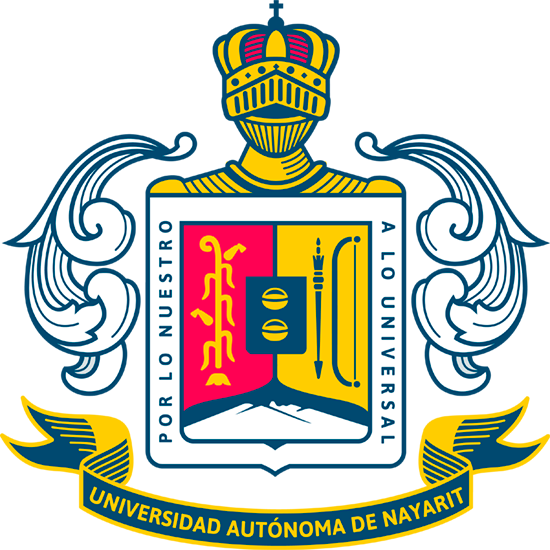Abstract
Ethnoichthyological studies are aimed to identify and record the relationships between human beings and fish. This type of studies are commonly performed in fishery communities with limited access to services, which increases their dependence to the biological realm surrounding them. Studies like this are scarce in Venezuela, hence their importance to record and preserve valuable information on popular traditions. The present study evaluated the ethnoichthyological knowledge of persons inhabiting fishery communities in Mochima National Park (MNP), aiming to prepare a written record that guarantees its preservation in time. Semistructured surveys were applied to a group of 214 persons. From them, 65.63 % practiced fishing as the main economic activity. In the zone, a total of 35 fish species were quoted as fishing targets. A group of 24 fish species had medicinal use and 28 species had diverse uses. Several of the quoted uses have not been previously recorded in the literature and belong to popular knowledge. They represent important contributions to the maintenance of the cultural traditions of inhabitants of fishery communities of MNP.

Revista Bio Ciencias by Universidad Autónoma de Nayarit under Creative Commons Attribution-NonCommercial 3.0 Unported License.
Based on work of http://biociencias.uan.edu.mx/.
Further permits not covered by this licence can be found at http://editorial.uan.edu.mx/index.php/BIOCIENCIAS.






